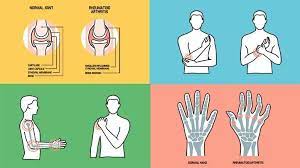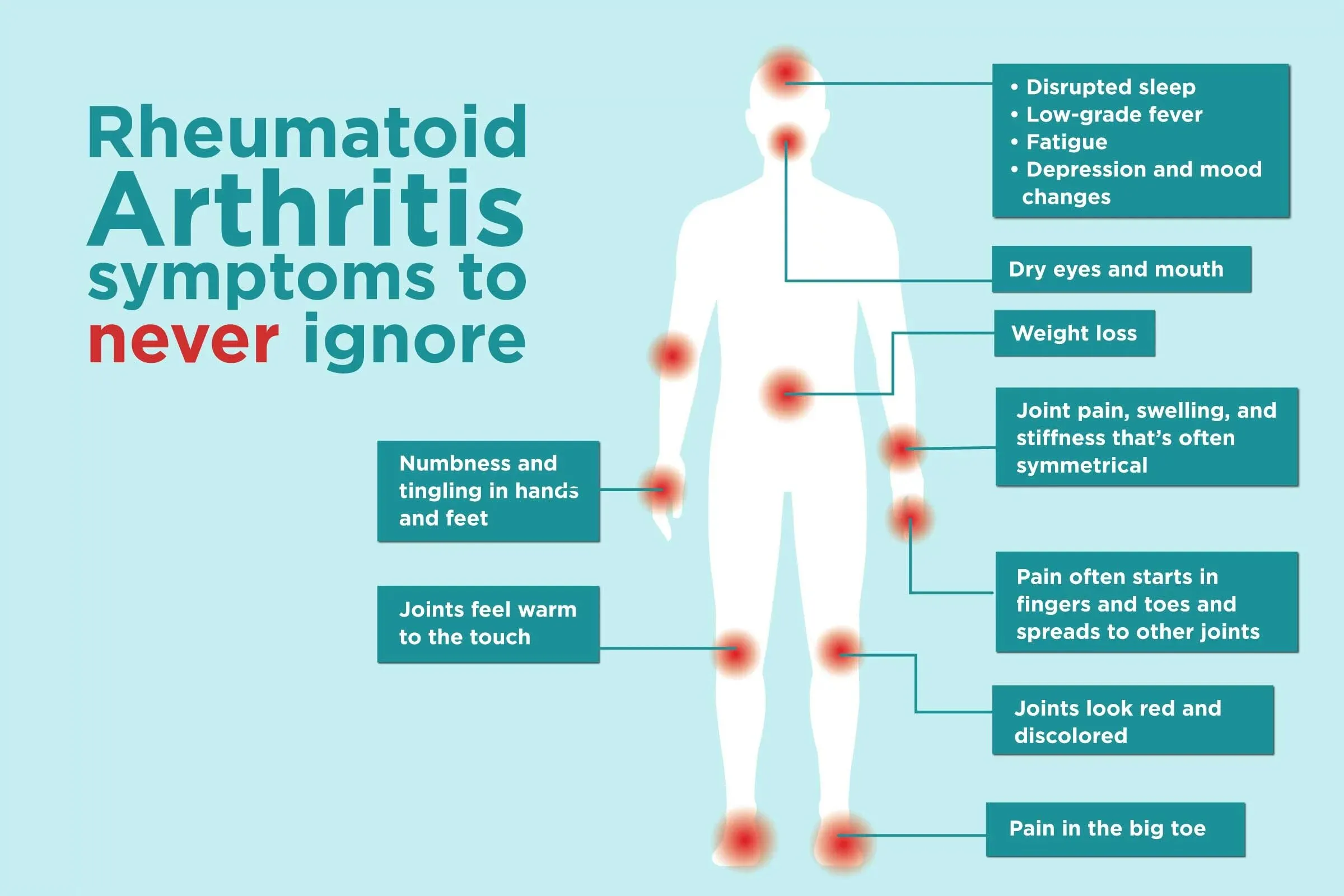Young children can have mental health problems. While many people associate mental health issues with adults, children can also experience a range of emotional and behavioral problems. Mental health problems can affect children of all ages, from infants to teenagers, and can have a significant impact on their overall well-being, development, and quality of life.
Mental health problems in young children can manifest in various ways. For example, a child may experience anxiety, depression, obsessive-compulsive disorder (OCD), attention-deficit/hyperactivity disorder (ADHD), or post-traumatic stress disorder (PTSD). These issues can be caused by a variety of factors, including genetics, environmental stressors, and trauma.
It is essential to recognize the signs of mental health problems in young children so that they can receive the necessary support and treatment. Symptoms may include changes in mood or behavior, difficulty sleeping or eating, increased aggression or withdrawal, decreased interest in activities they once enjoyed, and difficulty with academic or social skills.
If you suspect that your child may be struggling with mental health issues, it is essential to seek help from a qualified mental health professional. A pediatrician or family doctor can also provide a referral to a mental health specialist who can evaluate your child and provide recommendations for treatment.
Treatment for mental health problems in young children may include therapy, medication, or a combination of both. Therapy may involve play therapy, cognitive-behavioral therapy, or family therapy, depending on the child’s needs and the nature of their mental health problems. Medication may be prescribed if the child’s symptoms are severe or if therapy alone is not effective.
In addition to professional treatment, there are many things’ parents and caregivers can do to support a child’s mental health. These include creating a supportive and nurturing environment, fostering positive relationships with family and friends, encouraging healthy habits like exercise and sleep, and reducing stressors in the child’s life.
Young children can experience mental health problems, just like adults. It is essential to recognize the signs of mental health problems in young children and seek help from a qualified mental health professional. With appropriate treatment and support, children can learn to manage their mental health issues and lead happy, healthy lives.






